Title: A distributed and energy-efficient KNN for EEG classification with dynamic money-saving policy in heterogeneous clusters
Authors: Juan José Escobar, Francisco Rodríguez, Beatriz Prieto, Dragi Kimovski, Andrés Ortiz, and Miguel Damas
Abstract: Due to energy consumption’s increasing importance in recent years, energy-time efficiency is a highly relevant objective to address in High-Performance Computing (HPC) systems, where cost significantly impacts the tasks executed. Among these tasks, classification problems are considered due to their great computational complexity, which is sometimes aggravated when processing high-dimensional datasets. In addition, implementing efficient applications for high-performance systems is not an easy task since hardware must be considered to maximize performance, especially on heterogeneous platforms with multi-core CPUs. Thus, this article proposes an efficient distributed K-Nearest Neighbors (KNN) for Electroencephalogram (EEG) classification that uses minimum Redundancy Maximum Relevance (mRMR) as a feature selection technique to reduce the dimensionality of the dataset. The approach implements an energy policy that can stop or resume the execution of the program based on the cost per Megawatt. Since the procedure is based on the master-worker scheme, the performance of three different workload distributions is also analyzed to identify which one is more suitable according to the experimental conditions. The proposed approach outperforms the classification results obtained by previous works that use the same dataset. It achieves a speedup of 74.53 when running on a multi-node heterogeneous cluster, consuming only 13.38% of the energy consumed by the sequential version. Moreover, the results show that financial costs can be reduced when energy policy is activated and the importance of developing efficient methods, proving that energy-aware computing is necessary for sustainable computing.



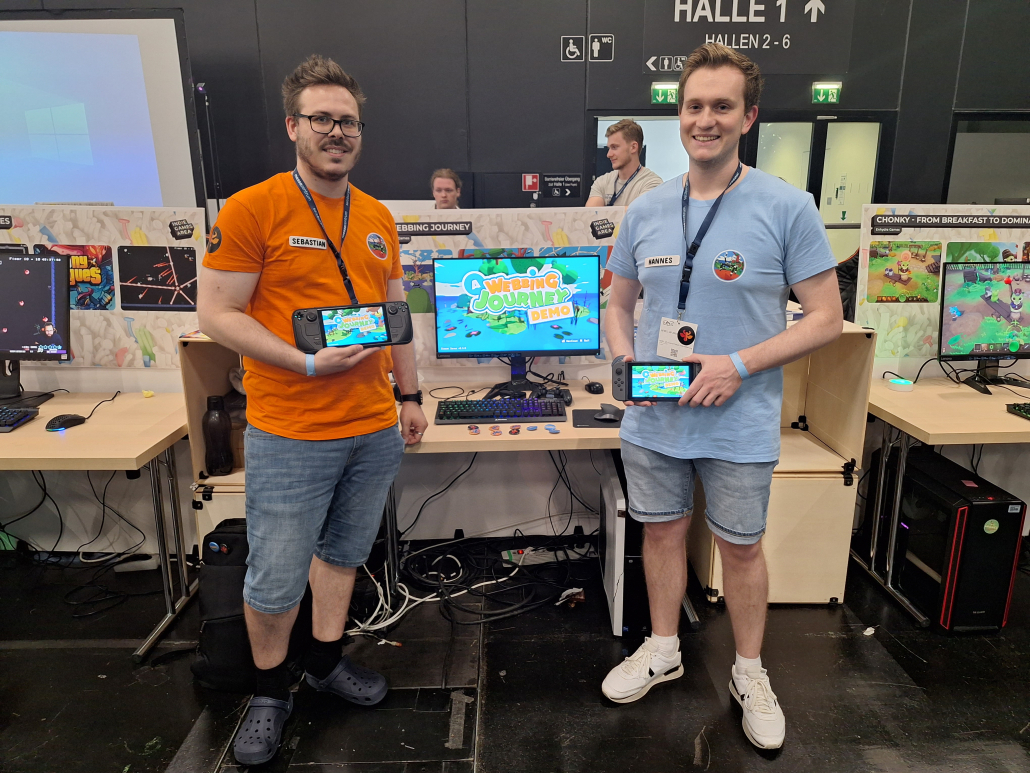
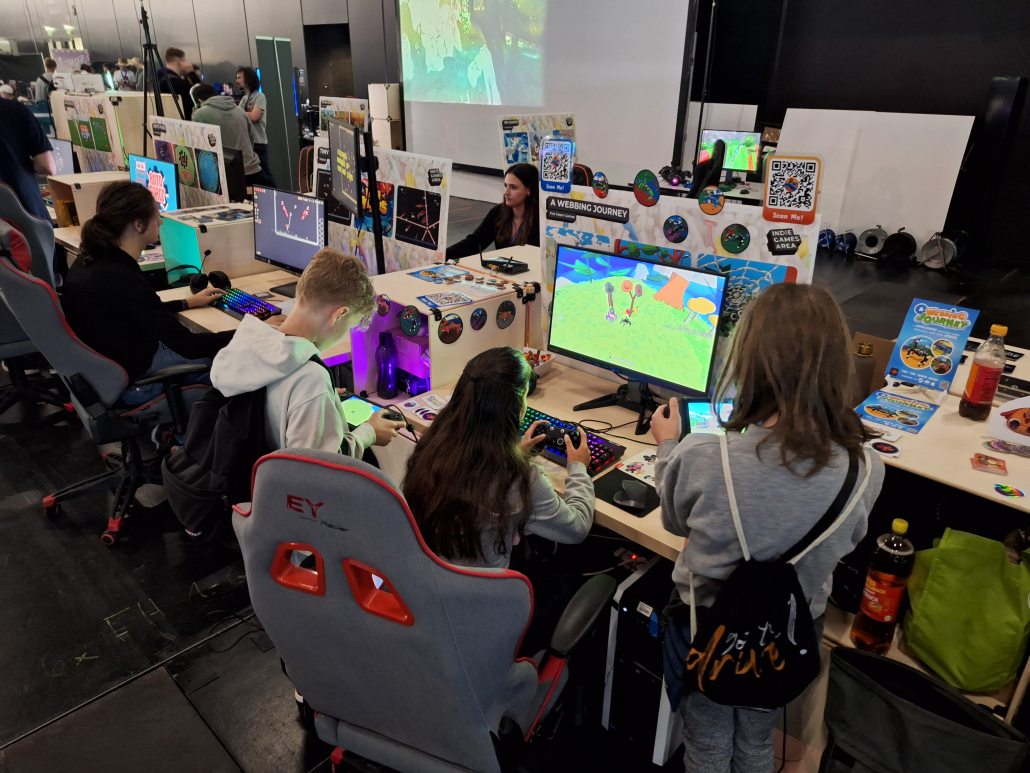
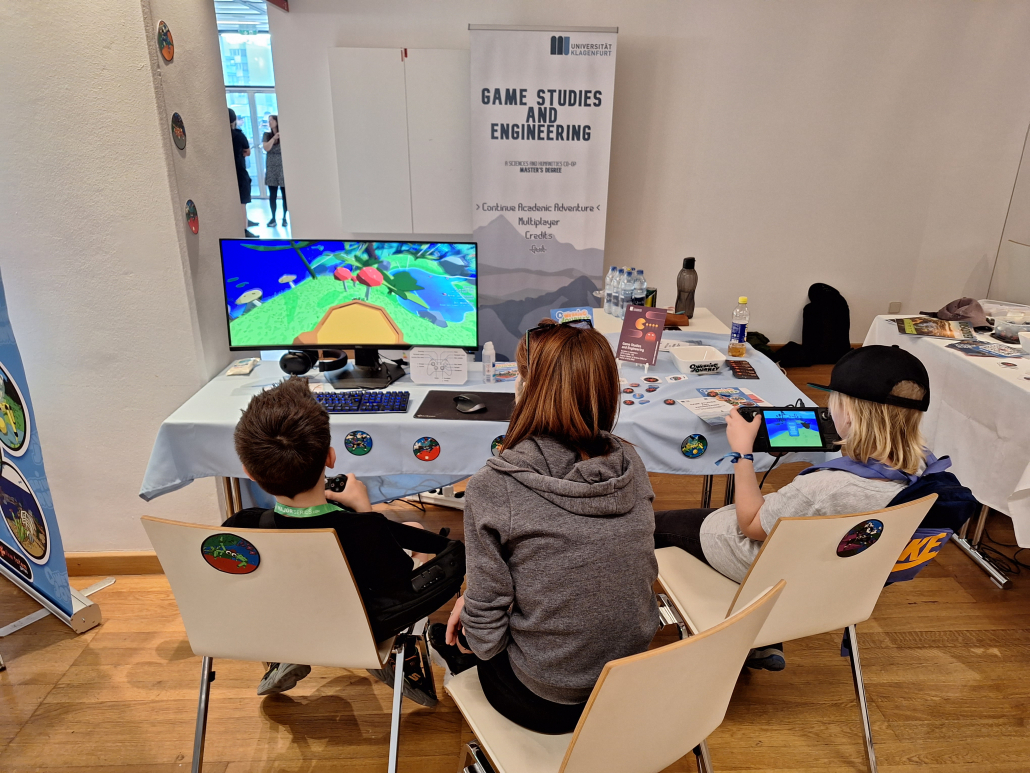
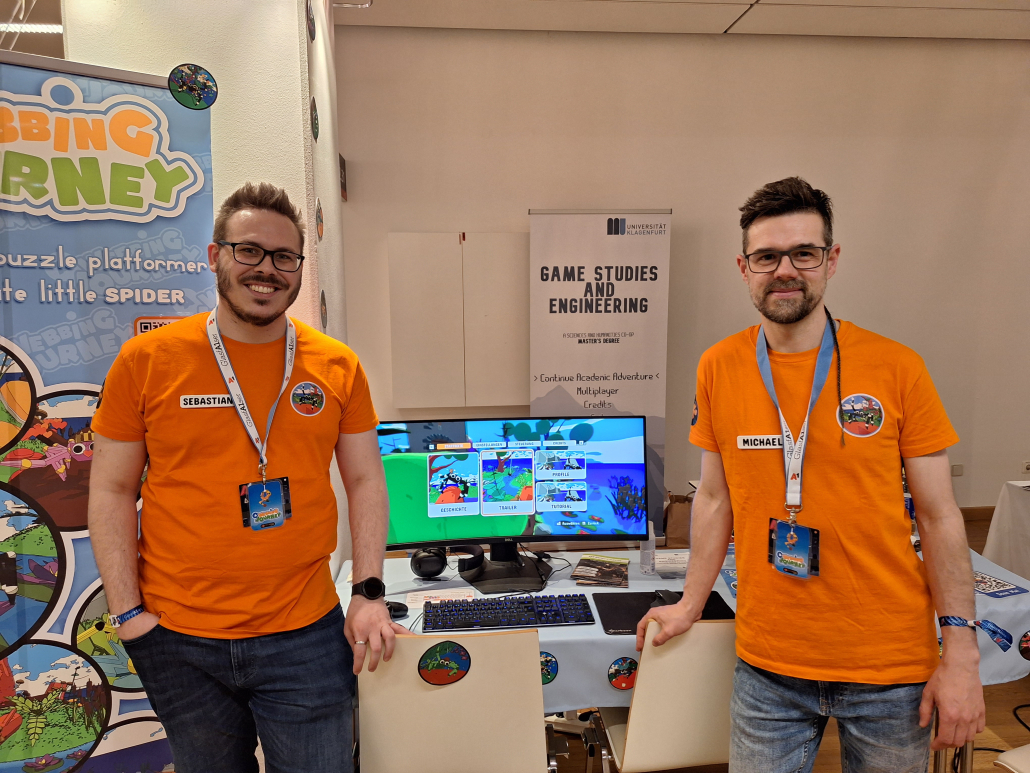



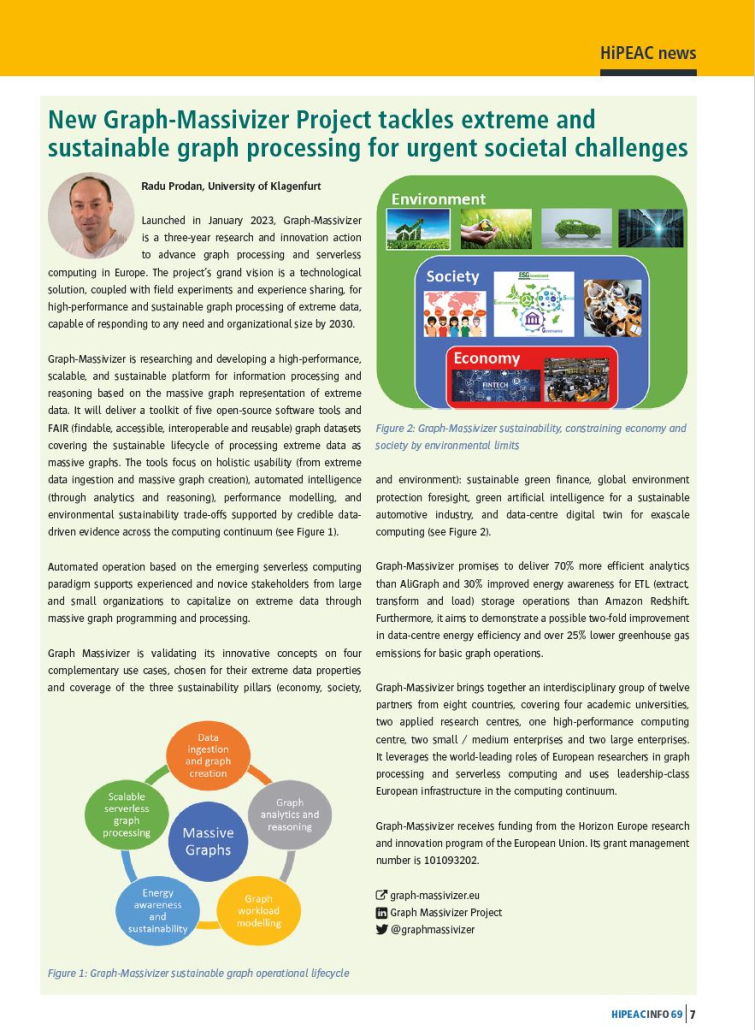
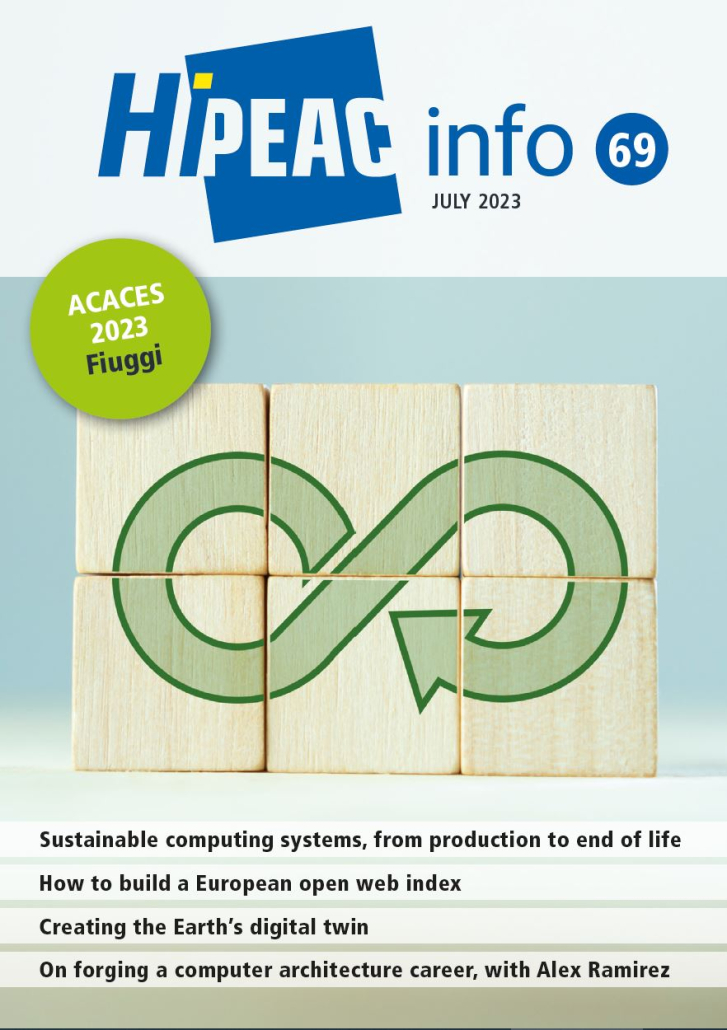

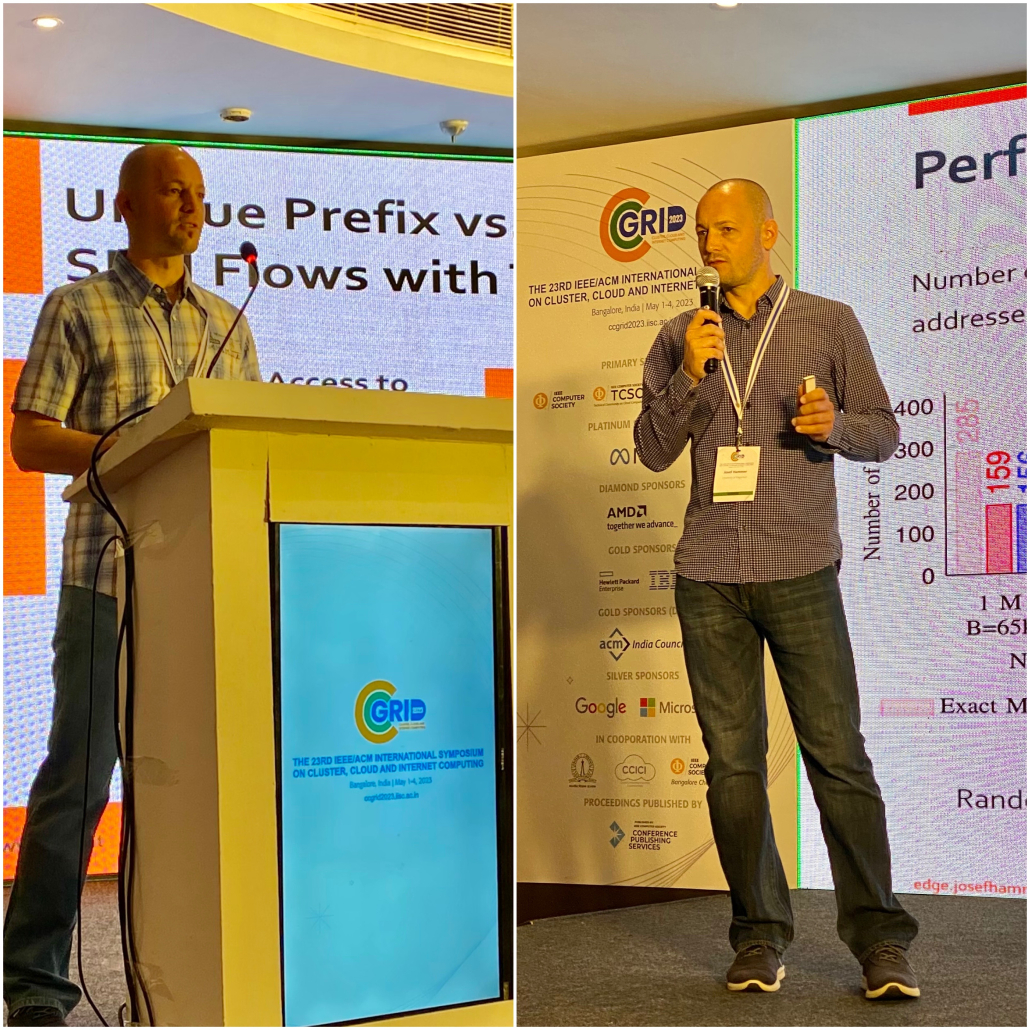 Josef Hammer presented the poster
Josef Hammer presented the poster 